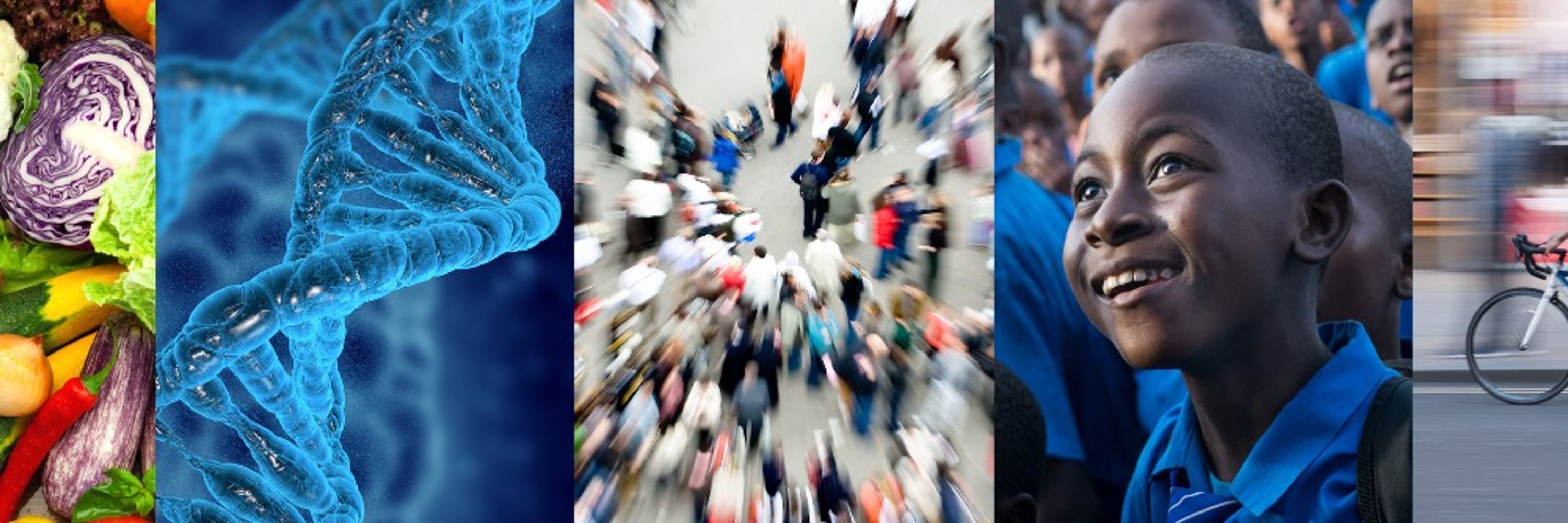MRC Epidemiology Unit
@mrcepid.bsky.social
1.9K followers
690 following
600 posts
Studying the genetic, developmental & environmental determinants of obesity, type 2 diabetes & related metabolic disorders. Contributing to their prevention.
Posts
Media
Videos
Starter Packs
Pinned
Reposted by MRC Epidemiology Unit














